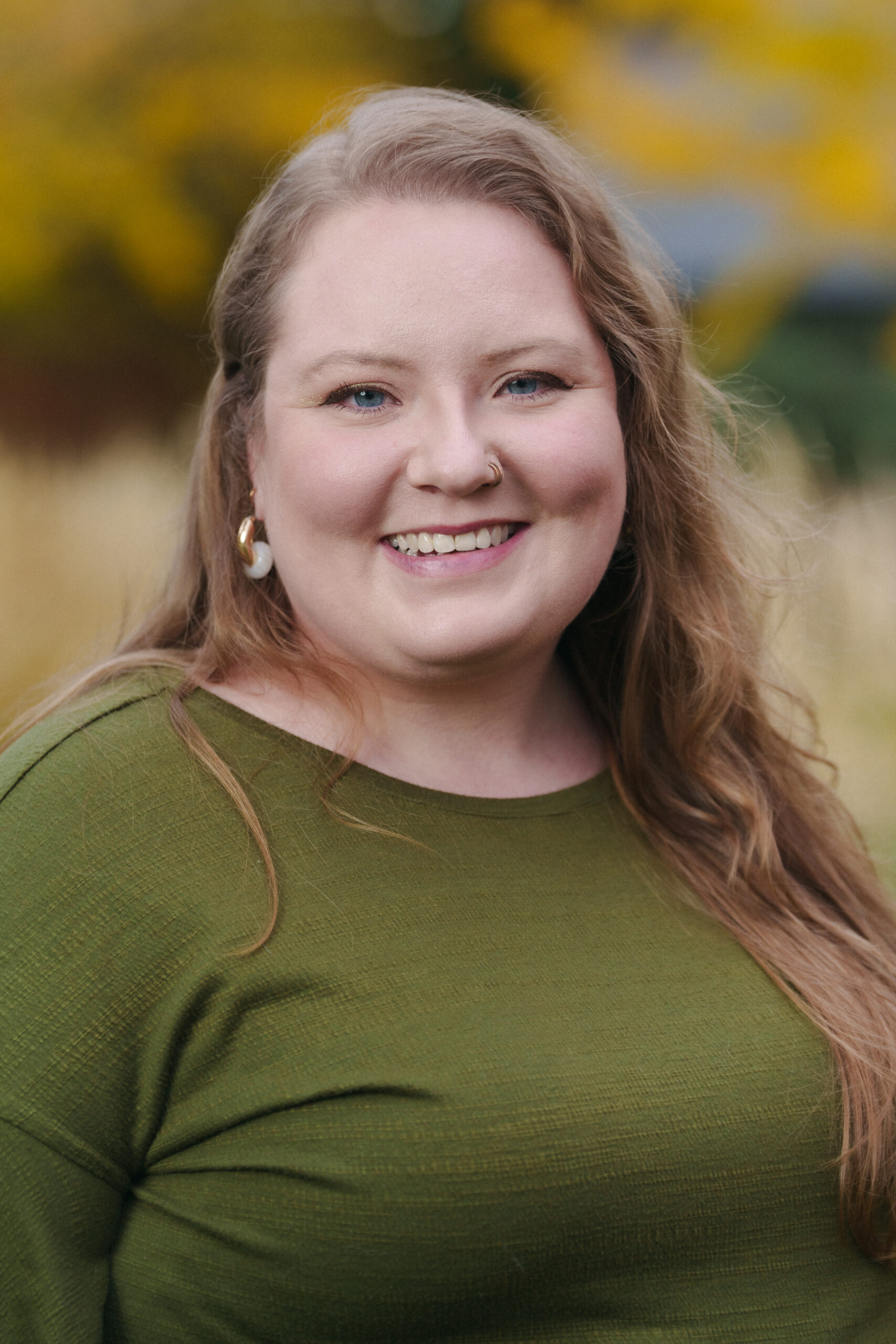Empowering Ideas Through Communication
With a passion for clear communication and creative solutions, I help businesses and individuals connect, engage, and thrive. Explore my portfolio to see how I can turn your ideas into reality.
My Professional Path
It is said that with knowledge comes power. However, without communication, there is no passing of knowledge. At the core, I believe effective communication is crucial in shaping our perceptions, fostering understanding, and driving action.
Over the past four years, my experiences at TRU have sharpened my written and verbal communication skills, empowering me to connect with diverse audiences and convey complex ideas clearly. Whether through public speaking, grant writing, or managing social media, I’ve developed a passion for presenting ideas persuasively and confidently.
I am deeply grateful to my mentors, professors, and peers for guiding me and helping me grow into the professional I am today. Now, as my program at TRU comes to an end, I see it as a stepping stone to further things, rather than a conclusion. The field of communications is always evolving, and I’m excited to continue growing and achieving impactful outcomes in every professional setting.

Where Creativity Meets Purpose
My portfolio
Skilled Communicator and Strategic Problem Solver
Resume
Education
WoLorem ipsum dolor sit amet, consectetur adipiscing elit. Aenean diam dolor, accumsan sed rutrum vel, dapibus et leo.
Experience
WoLorem ipsum dolor sit amet, consectetur adipiscing elit. Aenean diam dolor, accumsan sed rutrum vel, dapibus et leo.
Skills & More
WoLorem ipsum dolor sit amet, consectetur adipiscing elit. Aenean diam dolor, accumsan sed rutrum vel, dapibus et leo.
Ready to Collaborate?
Connect with me
Whether you’re looking for communication strategies or creative collaboration, I’d love to hear how we can work together.


